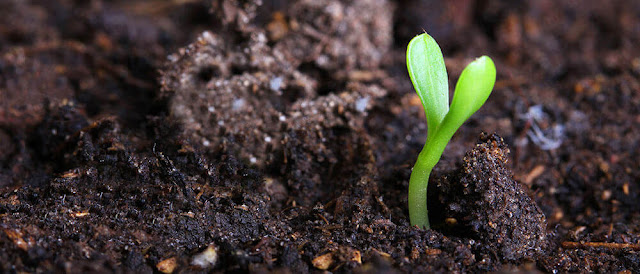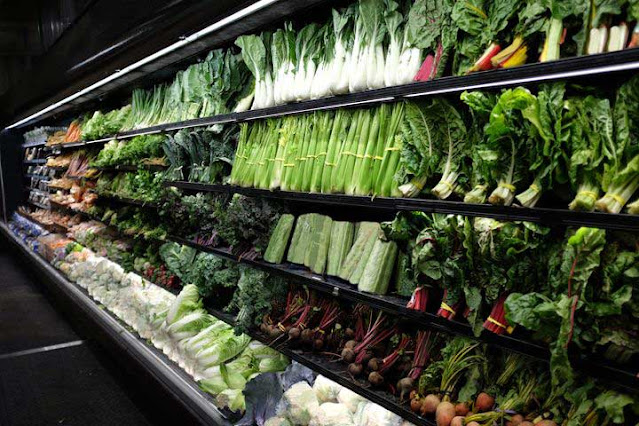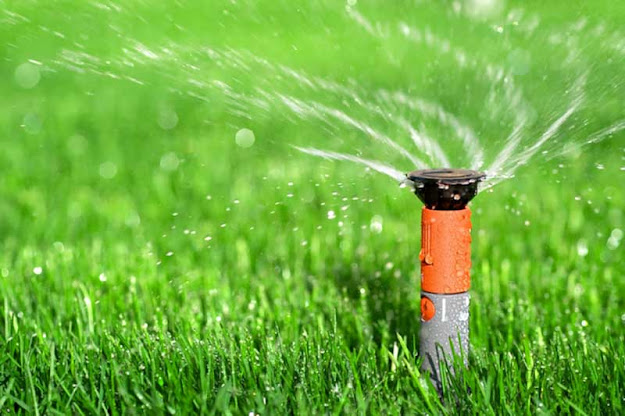Pros and Cons of Organic Fertilizer
Now, many growers, gardeners and farmers are beginning to understand the need for providing nutrients quickly in order to promote abundant plant growth in gardens and landscapes. Application of nutrients may be accomplished by using either organic or inorganic fertilizer.
Due to increased environmental concerns, growers today tend to prefer the use of organic fertilizers over the inorganic type. Traditional fertilizers are known to contain chemicals that may contain concentrated nutrients that may leach and disrupt the soil.
It should be noted however, that most people who buy organic fertilizers use them because they believe they are safer for plants. However, if the fertilizer is not applied properly, it can be just as harmful to plants as chemicals are. If not applied properly, they may contribute to ground water pollution, induce salt burn, or cause nutrient deficiencies and soil toxicity.
One particular problem that should be emphasized with organic fertilizers is that many of them contain high content of salt, which can cause "burning" in plants. Organic fertilizer may be applied either on the surface or directly into the soil by tilling or watering. It may help to use a spreader to be certain the fertilizer is appropriately applied.
Organic fertilizer users should also note that when using organic fertilizer, it is important to calculate the proper amount of organic fertilizer to use in the soil. Annual tests should be performed to determine the nutrient needs of the soil prior to application.
If a soil test confirms that there are nutrients within the soil that are at high or excessive levels, it is recommended that you should choose an organic fertilizer that has lower concentrations of these nutrients. Overuse of nutrients in the fertilizer can lead to leaching and imbalance which will inevitably slow and kill plant growth. If a soil test guide you that Nitrogen is needed, you should choose a fertilizer with high Nitrogen content. If you find your soil is lacking in both Nitrogen and Phosphorus, then a fertilizer with high levels of both nutrients is best for the optimal performance of the soil.
Nutrient deficiency in soil is most often Nitrogen-based, that is why organic fertilizers are produced with high amounts of Nitrogen. Most grasses simply will not grow, or will grow very poorly if there is a Nitrogen deficiency. The same can occur with vegetable and fruit gardens. In order to increase the growth of lawn grass or improve crop yields, fish emulsions and seaweed extracts are the organic fertilizers you should use. These fertilizers are high in soluble Nitrogen.
The good news is if you wish to transform your garden or farm from organic to synthetic fertilizer usage, the problems are only temporary. Over time, the soil will naturally balance the chemical and organic composition of the soil which may hinder the increased crop yields for the first year or so, but persistence will prevail.
Disclaimer:This article is intended for information about organic fertilizers. It should not be regarded as scientific or expert advice in its own right. The information has been taken from secondary sources and is given here in good faith. We recommend you conduct your own research with expert & scientific sources prior to making any purchases or applying any technique mentioned above.
Due to increased environmental concerns, growers today tend to prefer the use of organic fertilizers over the inorganic type. Traditional fertilizers are known to contain chemicals that may contain concentrated nutrients that may leach and disrupt the soil.
It should be noted however, that most people who buy organic fertilizers use them because they believe they are safer for plants. However, if the fertilizer is not applied properly, it can be just as harmful to plants as chemicals are. If not applied properly, they may contribute to ground water pollution, induce salt burn, or cause nutrient deficiencies and soil toxicity.
One particular problem that should be emphasized with organic fertilizers is that many of them contain high content of salt, which can cause "burning" in plants. Organic fertilizer may be applied either on the surface or directly into the soil by tilling or watering. It may help to use a spreader to be certain the fertilizer is appropriately applied.
Organic fertilizer users should also note that when using organic fertilizer, it is important to calculate the proper amount of organic fertilizer to use in the soil. Annual tests should be performed to determine the nutrient needs of the soil prior to application.
If a soil test confirms that there are nutrients within the soil that are at high or excessive levels, it is recommended that you should choose an organic fertilizer that has lower concentrations of these nutrients. Overuse of nutrients in the fertilizer can lead to leaching and imbalance which will inevitably slow and kill plant growth. If a soil test guide you that Nitrogen is needed, you should choose a fertilizer with high Nitrogen content. If you find your soil is lacking in both Nitrogen and Phosphorus, then a fertilizer with high levels of both nutrients is best for the optimal performance of the soil.
Nutrient deficiency in soil is most often Nitrogen-based, that is why organic fertilizers are produced with high amounts of Nitrogen. Most grasses simply will not grow, or will grow very poorly if there is a Nitrogen deficiency. The same can occur with vegetable and fruit gardens. In order to increase the growth of lawn grass or improve crop yields, fish emulsions and seaweed extracts are the organic fertilizers you should use. These fertilizers are high in soluble Nitrogen.
The good news is if you wish to transform your garden or farm from organic to synthetic fertilizer usage, the problems are only temporary. Over time, the soil will naturally balance the chemical and organic composition of the soil which may hinder the increased crop yields for the first year or so, but persistence will prevail.
Disclaimer:This article is intended for information about organic fertilizers. It should not be regarded as scientific or expert advice in its own right. The information has been taken from secondary sources and is given here in good faith. We recommend you conduct your own research with expert & scientific sources prior to making any purchases or applying any technique mentioned above.




评论
发表评论